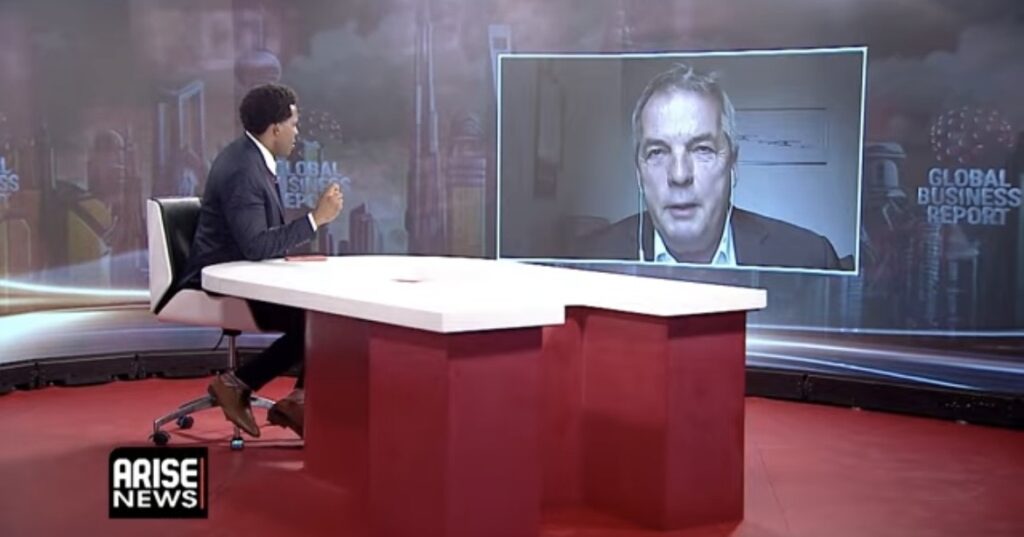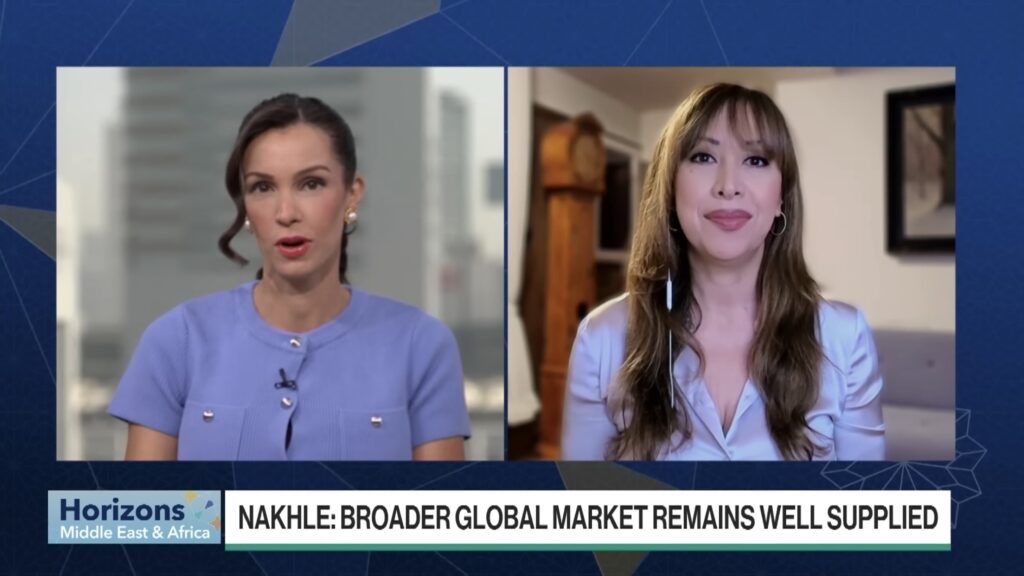Christof Rühl, member of the Advisory Board of Crystol Energy and a Senior Fellow at the Center on Global Energy Policy at Columbia University, discusses the latest global macroeconomic developments and energy markets in this weekly interview to the Gulf Intelligence.
Christof explains the reasons he finds it hard to believe that there will be a fully-fledged invasion of Ukraine. A real war is something we haven’t seen for a long time, certainly not in Europe. But the US and most of its allies are having to make everything possible in public, just to control the narrative, and it’s working so far.
It seems that we are facing a long, drawn-out attempt to keep the situation cooking rather than an invasion that would unite the whole world against these Russian ambitions. It’s not going away and that has repercussions all the way into the Iranian negotiations, into US-China negotiations, and on China’s own strategy in the region and globally.
Christof also comments on whether there is a naivete in the western European leadership towards Russia. There’s an underestimation of what sanctions can produce in terms of resistance in the affected countries. The Russian elite is trying to prevent their own population from taking to the streets by showing them that they lead nowhere. And if there are sanctions, the chances are that the domestic propaganda of national security also starts to become much more effective. Russians have also adjusted to lower economic growth already on the back of tight economic policies implemented by the government to protect against future sanctions. The leadership has been accumulating dollar and gold reserves and made their domestic system less dependent on foreign creditor relations.
On the impact the Ukrainian crisis could potentially have on the return of Iranian oil, Christof argues that if the US wants to encourage the continual flow of oil, not only from Russia, but also from its neighbouring regions like Kazakhstan and Azerbaijan, then it’s natural for it to want to foster a deal with Iran because the latter has close connections with these countries. A confrontation with Russia would mean US and Europe wanting to keep these other oil producers on board.
He further discusses the oil demand outlook. The evidence is that global economic growth is not accelerating. It’s decelerating and that means we are still in a situation where sometime between spring and summer, balances will tilt, supply will exceed demand and these very low inventories will stabilise and probably start adjusting up a bit.
On the future direction of oil prices, we won’t see higher prices for much longer just because of the Ukraine crisis. We may see the usual spikes associated with these kinds of uncertainties, but come summer, the market will remain under the control of the few OPEC countries which have spare capacity, that they can moderate any day they want. We should expect a gradual nudging up until something bad happens or until, for political reasons, OPEC decides to give some leeway.
Christof is joined by Dr Aldo Flores-Quiroga, Former Deputy Secretary of Energy for Hydrocarbons, Mexico’s Ministry of Energy. Sean Evers from Gulf Intelligence moderates the discussion.
Watch the full discussion:
Related Analysis
“A suspenseful start for oil prices in 2022“, Dr Carole Nakhle, Feb 2022
“No endgame for Ukraine“, Christof Rühl, Feb 2022
“Oil markets: What crisis?“, Dr Carole Nakhle, Nov 2021
Related Comments
“Russian-Ukrainian crisis and energy markets“, Dr Carole Nakhle, Feb 2022
“EU Energy Policy amidst the Current Gas Crisis“, Dr Carole Nakhle, Feb 2022
“Global Economy and Energy Markets Weekly Commentary – 13th Feb ’22“, Christof Rühl, Feb 2022
“Did Russia deliberately cause the gas crisis in Europe?“, Dr Carole Nakhle, Jan 2022








